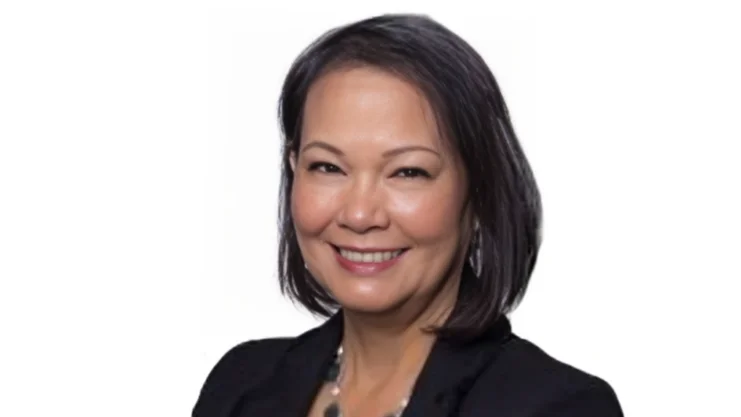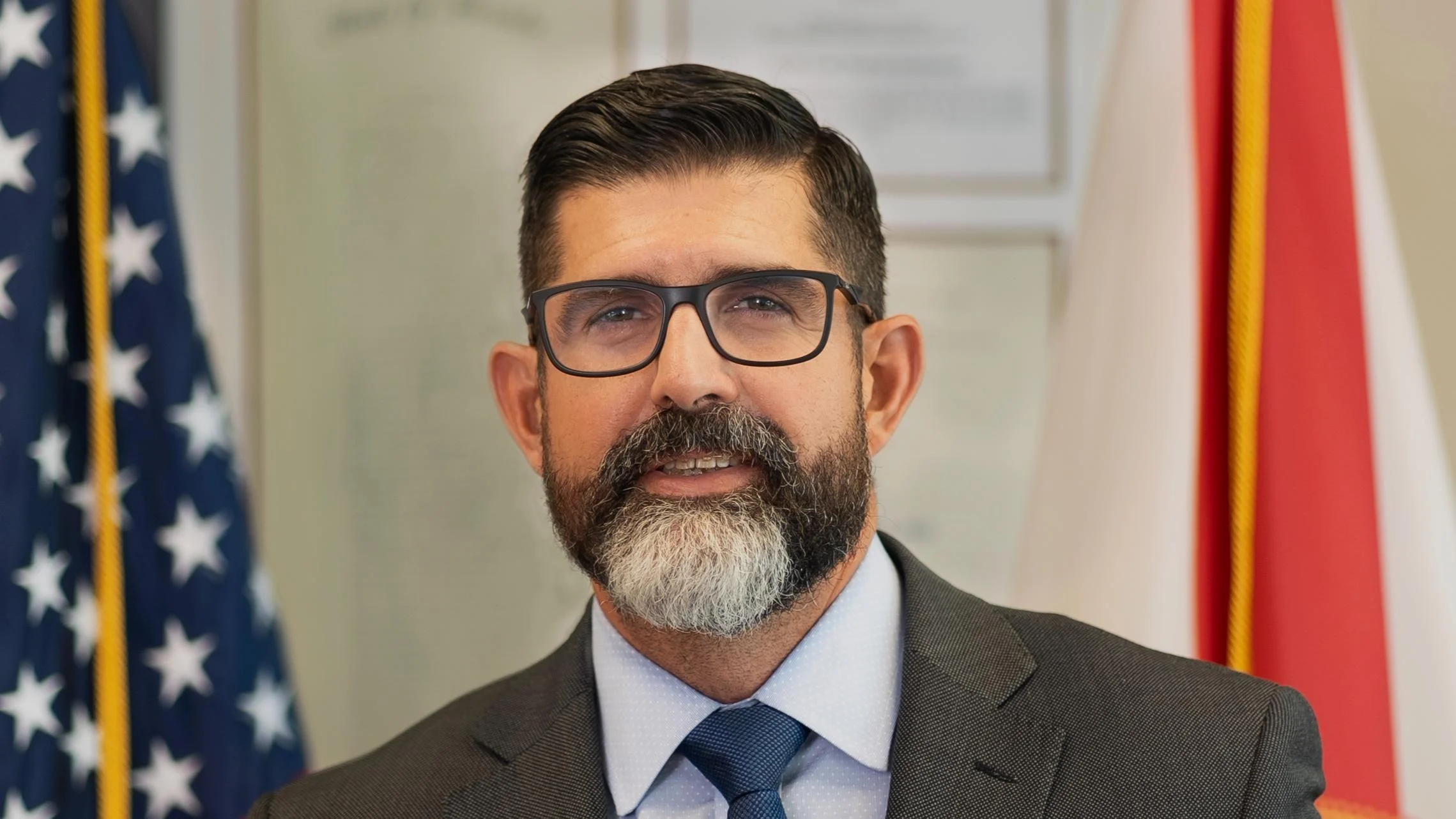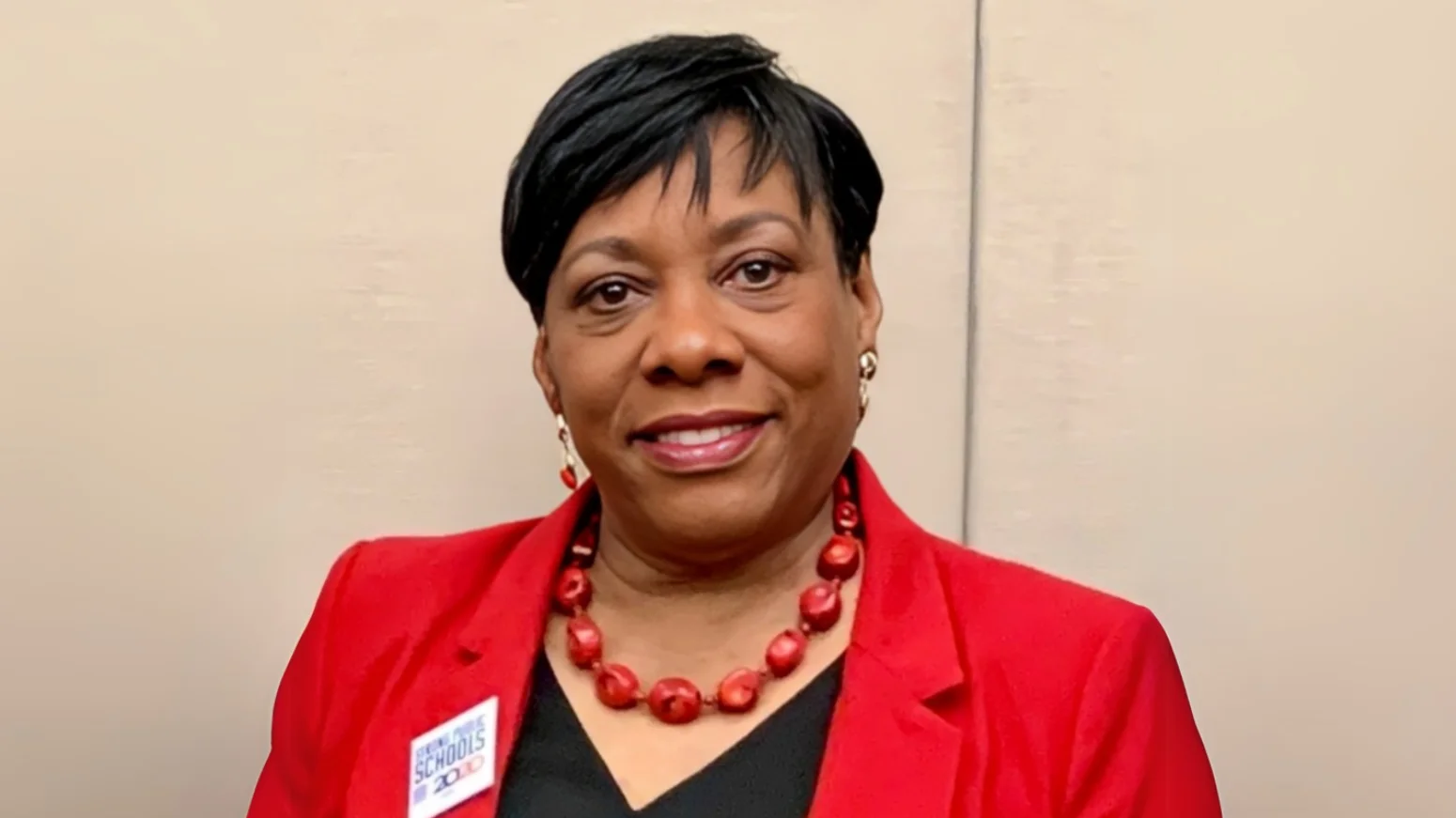
Emily Tate Sullivan Senior Reporter | EdSurge Research
American history teachers are encountering increasing challenges as they prepare for the nation's 250th anniversary celebrations in 2026. A recent survey by the American Historical Association (AHA) of over 3,000 social studies teachers revealed feelings of underappreciation and isolation due to declining student engagement, budget cuts affecting professional development, and a perceived lack of respect from outside the classroom.
The report, titled “American Lesson Plan: Teaching U.S. History in Secondary Schools,” highlighted that 16 percent of teachers faced frequent criticism over their teaching methods. Brendan Gillis, AHA's director of teaching and learning, acknowledged these numbers might not fully capture the political pressures experienced by educators.
“A lot more places have seen efforts to remove books from libraries or to ban certain titles,” Gillis said. He believes better public understanding of what is taught in history classrooms could improve attitudes toward public education.
Since President Donald Trump took office, conditions for social studies teachers have worsened. His administration accused schools of using "radical indoctrination" to promote "anti-American" ideologies. Emma Humphries from iCivics argued that such rhetoric harms dedicated educators who aim to instill a love for American ideals in students.
“These are people who went into the profession because they love our country," Humphries stated. She emphasized that teachers strive to present an honest view of history while encouraging civic engagement among students.
Political polarization has also affected teachers' primary information sources. Online sites run by museums and government institutions like the Smithsonian and National Archives are widely used but have recently been targeted for revision by the Trump administration as part of its campaign against diversity initiatives.
“It’s incapacitating,” remarked Samantha Futrell, expressing concern over politicized educational resources once deemed reliable. Teachers now face the additional burden of finding new sources and explaining compromised ones to students.
Michelle Nystel from Iowa voiced her struggle with teaching objective truth amid changing narratives: “How do you teach the truth when the truth is all relative?”
Cuts to funding, including National Endowment for the Humanities grants crucial for professional development, further strain educators preparing for next year's celebrations. These developments underscore concerns about preserving historical integrity while fostering informed civic participation among students.
“When you learn history," Humphries noted, "it builds this sort of greater connection to one’s country."





 Alerts Sign-up
Alerts Sign-up